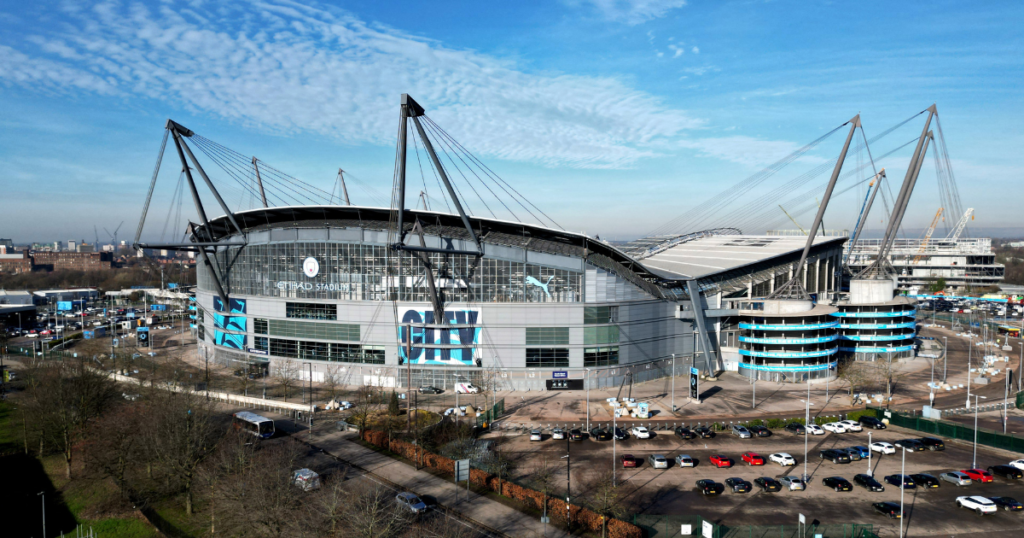The Premier League has recently been rocked by the looming spectre of deductions, with Everton at the epicentre of the storm. Alleged breaches of financial rules, specifically the Profitability and Sustainability (P&S) regulations, have led to fervent debates within the Merseyside club. An independent commission has been tasked with scrutinising the club’s financial records, with the potential deduction of up to 12 points dangling over their league table standing.
The £105m maximum loss and the severe sanctions at stake have prompted Everton to robustly defend themselves, insisting their actions were in good faith. The non-compliance allegations have brought into focus the imperative of adhering to financial rules and regulations within the Premier League.
Historical Context: Evolution of Financial Rules and Regulations in the Premier League
The Premier League’s quest for fiscal soundness and equitable competition started in the early 2000s, when questions over the long-term viability of clubs’ finances first arose. The league’s approach to financial management underwent a major shift in 2013 with the implementation of the Profitability and Sustainability (P&S) guidelines. These regulations were put in place to make sure clubs stay within their financial means, avoid careless spending, and protect the league’s overall long-term viability.
Allegations Against Everton and the Role of the Independent Commission
Everton, one of the biggest teams in English football, is in the middle of a storm amidst the fierce rivalry in the Premier League. The Merseyside club is facing allegations of breaking financial regulations, and there have been claims that their losses might have gone above the £105 million ceiling that the P&S rules stipulate. An independent commission has been established in response to the alleged non-compliance, with the responsibility of looking into Everton’s financial practices and deciding on the best course of action.
Defending Good Faith: Everton’s Position
Everton has acted quickly to clarify that it is committed to adhering to the Premier League’s financial laws in response to the claims. Citing its adherence to the spirit of the league’s standards and its good faith efforts to maintain financial stability, the club has angrily denied any wrongdoing and committed to vigorously defend its financial practices. The complexities of the financial records and the many interpretations of the P&S regulations, however, continue to be a topic of contention in this intense discussion.
Implications of Severe Sanctions: Repercussions for Everton and the Premier League
The repercussions for Everton might be severe if the independent commission finds the Merseyside team guilty of breaking the financial regulations. In addition to having an immediate effect on Everton’s league rankings, a deduction of up to 12 points may potentially be detrimental to their long-term ambitions. Furthermore, a precedent of this kind would be shocking to the Premier League, highlighting the league’s dedication to ensuring financial discipline and discouraging other teams from disobeying the rules as set forth.
The Battle for Fair Play and Financial Stability: Balancing Competition and Compliance
The situation surrounding Everton’s purported financial rule violations highlights the fine line that must be drawn between preserving financial sustainability and gaining a competitive advantage. Although teams aim for on-field success, they also have to consider the financial effects of their decisions. Strict financial controls are enforced to prevent careless spending and to preserve the league’s credibility, which creates an even playing field for all players.
Upholding Transparency and Integrity: The Future of Financial Regulations in the Premier League
There are concerns about the efficiency of the current financial regulations and the requirement for more thorough oversight procedures as the Premier League moves through this turbulent time. In order to guarantee that all clubs follow the rules and conduct their business in a way that supports long-term survival, transparency and integrity must continue to be at the top of the league’s priority list. Financial regulations should change to keep up with the sport’s dynamic character while maintaining the fundamentals of fair play and competition.
Conclusion
The claims that Everton violated financial restrictions highlight how important financial standards are to preserving the stability and integrity of the Premier League. The football community is waiting for the independent commission’s findings, which will not only affect Everton but also establish a precedent for the league’s future enforcement of financial laws and regulations. This story’s core theme, the delicate balance between compliance and competition emphasises the value of maintaining the professional football league’s code of ethics and financial accountability.
